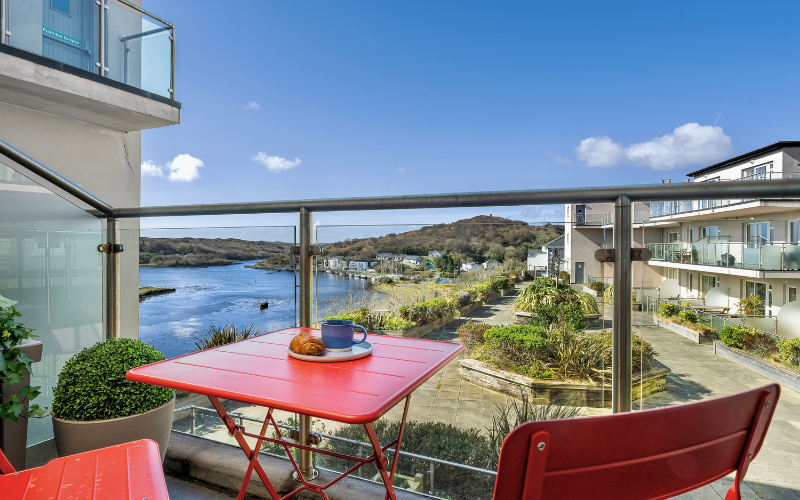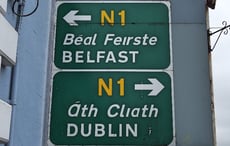A TRIPLE-whammy this week underlined how the bubble has well and truly burst in the Irish construction industry.One of the country's biggest developers, Bernard McNamara, pulled out of five public-private partnership schemes with Dublin City Council worth a total of $1.4 billion. It means schemes for thousands of social housing units and the regeneration of some of the worst slums in the city have been put on hold.The second indicator of a downturn in the industry came in a study showing average rents for privately-owned houses -- many bought or built for their investment potential - has dropped 2% for the first time in four years.Blow number three was contained in local authority minutes around the country that the number of applications for planning permission for new buildings has dropped by more than 20% in the past year.McNamara's withdrawal from his deal with the Dublin council prompted demands from opposition parties for the government to step in and rescue the projects.McNamara said the projects were now not viable because of the tough residential housing market and the costs of recent changes to building regulations involving increased apartment sizes and better energy efficiency.Fine Gael described the collapse of the deal as a blow to the most vulnerable in Dublin. The party's housing spokesman Terence Flanagan lashed out at the collapse of the deal and blamed the government for it.He claimed Taoiseach (Prime Minister) Brian Cowen's "mismanagement" of the economy when he was finance minister before his recent elevation to head of government would hit more people daily."The waiting lists for social and affordable housing in Dublin are the highest in the country and this deal collapse, due to Cowen's property crash, means that these people face an uncertain future," said Flanagan."We are now seeing the first large bloc of victims of the economic downturn and they are exactly the people who always suffer first in these situations."It is time the government re-examined direct provision of social and affordable units to ensure the most vulnerable get a roof over their head."Dublin City Council blamed the current economic situation and "substantial changes" in the housing market for making the projects unviable.It said in a statement that it will now explore the options available for regenerating the project areas, but admitted it will take longer than planned to provide the social and affordable housing.Assistant city manager Ciaran McNamara -- no relation to the developer - said he would be asking the Department of the Environment for financial support for social housing programs. Another funding option being explored is the sale of part of the sites owned by the council.Ciaran McNamara said, "While this is a setback we could do without, the council is confident we will be still able to provide high-quality social and affordable housing, possibly over a longer time span."The largest affected project is the $415 million redevelopment of St. Michael's Estate in Inchicore, which was approved seven years ago.The other abandoned schemes are the $282 million regeneration of O'Devaney Gardens, a $313 million project on the convent grounds on Sean MacDermott Street, the regeneration of the Dominick Street flats -- all close to the city center - and a $157 million project on Infirmary Road near the Phoenix Park.The announcement was greeted with dismay by the affected communities that have been waiting for years for regeneration schemes to begin.Angry St. Michael's Estate resident Caroline McNulty said, "We've been on this road for 10 years now, and this is the third plan that has been pulled out from under our feet." The public-private partnership scheme involves the council giving a site to the developer in return for a specified number of social housing units. The developer then makes a profit by building additional private apartments on the rest of the site.However, the collapse in property prices has made such schemes much less attractive to developers.The downturn has also affected rents for private homes, according to the latest assessment by property website company, Daft.ie.That's mainly because the numbers of properties built during the boom has doubled the number available for rent in the past year.Meanwhile, around the country planning departments have been reporting a reduction in applications for permission to build new homes. Donegal's applications were down by 300 in the past year to 1,100.




Comments